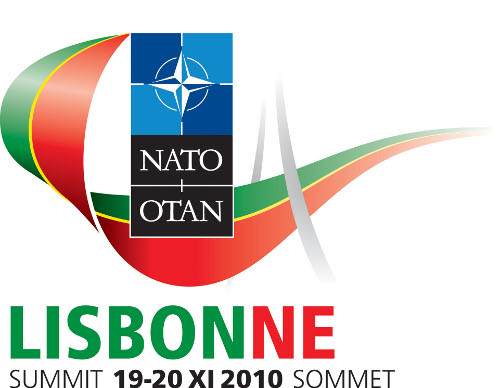
NATO is gearing up to meet in Lisbon to sign off on its new strategic doctrine and Russia is in the spotlights again with a new offer of partnership with the Alliance in the pipelines. Yet, despite vague proclamations the current rapprochement on security matters lacks any solid foundation on which the West and Russia might promote a comprehensive overhaul of how they do business with each other.
But there are still some unexplored avenues left for interesting the West and Russia in forging a genuine cooperation in the realm of international security. It is the little explored area of defence cooperation, which could potentially help build a more lasting partnership between the West and Russia. For instance, the currently discussed Czech-Russian deal on expanding the use of a Czech repair facility to service Russian-made helicopters demonstrates possibilities of how to foster a more meaningful defence cooperation between Russia and an EU/NATO member.
The Russo-Czech joint modernization program to upgrade Russian helicopters appears to be a worthwhile example to study. The Czech project for the modernization of Russian Mi helicopters is significant in several ways. First and foremost, the agreement demonstrates to the Russians the Western willingness to let their technologies be used in active NATO campaigns (in this case Afghanistan). Secondly, the cooperation concerns a segment of the defence market which is relatively non-sensitive, thereby becoming an ideal test ground for similar projects in the future.
There is no need for grand-standing or large-scale agreements on part of NATO and Russian official but rather they should adopt an incremental, bottom-up approach focusing on developing, however small and seemingly insignificant, joint defense initiatives across the board.
What has to be done, then? In the short term, Russia and EU countries should ccontinue to develop joint projects to service Soviet-era helicopters in use by NATO/EU armies.
For EU/NATO policy makers, it is paramount that Western leaders recognize potential benefits of and shed their biases against defence cooperation with Russia. Although it is prudent to remain vigilant, old prejudices should not stay in the way of mutual cooperation. It is true that by letting Russian companies enter the European defence market, European defence manufacturers might face greater completion. However, in the long-run, the benefits of any long-term defence cooperation between Russia and the West far outweigh the potential costs. This will open the door for European defence companies to benefit from greater cooperation with their Russian counterparts and access to the Russian market.
Although it is desirable to continue to pressure Russia on human rights and political freedoms, it should not completely forestall defence cooperation. Should defence cooperation begin to intensify, Russia might become more amiable to acceding to some European arms-export rules, thereby offering the West a limited but not insignificant tool to prevent Russian weapons from ending up in the hands of the most irresponsible regimes by tying Russia in Europe-wide legal arrangements.
For any substantial defence cooperation to take place, it is absolutely crucial that the Russia government goes out of its way and removes burdensome restrictions on its defence sector. The Russian state has to implement legislation to enable its defence industry to forge joint ventures with Western companies. In fact, this is something that even Russian weapon manufactures continue to call for. Russia should emphasize its competitive edge in the field of transport helicopters and air defences, support these industries at home and promote their products abroad. In return, it will have to abandon the untenable principle of self-sufficiency of its defence sector. Therefore, the Russian leaders should recognize the obvious truth that it might be cheaper and more effective to acquire certain technologies abroad than relying on domestic manufacturers.
In the long-term, Russia and EU countries should launch a feasibility study to construct a joint military transport helicopter. In so doing, Russia and Europe should build on the basis of a failed German/French-Russian initiative to further develop a Russian Mi-26 transport helicopter. Russian has an extensive experience with building easy-to-maintain and reliable helicopters. In return, European countries can offer investment and key advanced technologies. If this project is successful, it can lead to development of other components of tactical and strategic airlift.
Tomáš Karásek is the director of the Research Center of the Association of International Affairs, a Prague based think tank.
Jakub Kulhanek is the head of the East European Center at the Association for International Relations. Jakub is currently with the School of Politics and International Relations at the University of Nottingham.
This article is based on an advocacy paper commissioned by the PASOS network as part of pan-European initiative to improve East West relations, and part of a New Atlanticist discussion – The 2010 Lisbon Summit: A New Atlanticist Forum – on the Summit’s expectations, areas of focus, and potential outcomes.
Image: Lisbon%20Logo%20500_0_0.jpg
